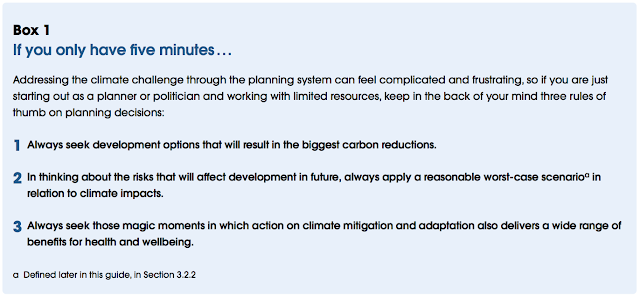However, with 23 miles separating the proposed quarry face and processing plant, any sand and gravel extracted from Straitgate Farm would have higher amounts of embodied carbon, even before processing and onward distribution is taken into account.
Each as-dug load would require a 46-mile round trip. Each as-dug load would contain 20% silt, a waste product. In total, some 2.5 million miles of HGV haulage would be required, with effectively 500,000 miles of that for waste.
It's lunacy. No other UK aggregates operator hauls as-dug material 23 miles for processing. No other UK aggregates operator produces sand and gravel that would have such a high carbon footprint.
Devon is leading the way on new approach to carbon-reduction in highway maintenance
We are adopting a pioneering new, climate-focused approach to road maintenance that is winning plaudits nationally.
We’re reviewing our road maintenance procedures – the materials we use, how they’re produced, how they’re used, how they’re applied, the labour required, the time it takes, how long they last, everything – to assess the carbon impact of the work we do.
Councillor Stuart Hughes, Cabinet Member responsible for highway maintenance, said:
"In the past, we’ve looked at road maintenance from the point of view of cost and quality. Those factors – the cost to fix something and the performance of the products – have determined how we got the job done.
"But now we’ve got a third, and arguably most important factor – carbon impact – that is determining a new approach to road maintenance.
"Now we’re thinking about the materials we use, and how high in carbon their production is; waste, and whether there’s a lot of waste; sustainability, and how long that repair will last.
"It’s putting carbon-reduction at the heart of our design, alongside performance and cost."
Councillor Andrea Davis, Cabinet Member charged with responsibility for climate change response, said:
"The ramifications are enormous. It’s an absolute game-changer that we will not go back from.
"We have made a public commitment that this council will be net-zero carbon by 2030, and a lot of our carbon output is from the responsibilities we have as a highway authority."
What does this mean? Road contractors will now need to show the carbon footprint of material used for Devon County Council work.
And how long will it be before the disclosure of embodied carbon is required for other markets?
Today, at COP26, more than 100 organisations led by the UK Green Building Council are due to publish a Net Zero Whole Life Carbon Roadmap for the nation’s built environment.
One of the recommendations:
Introduce the regulation of embodied carbon for new buildings and major refurbishments
By 2030, all new buildings, infrastructure and renovations will have at least 40% less embodied carbon
Could the sand and gravel resource at Straitgate become a
high-embodied-carbon stranded asset?










